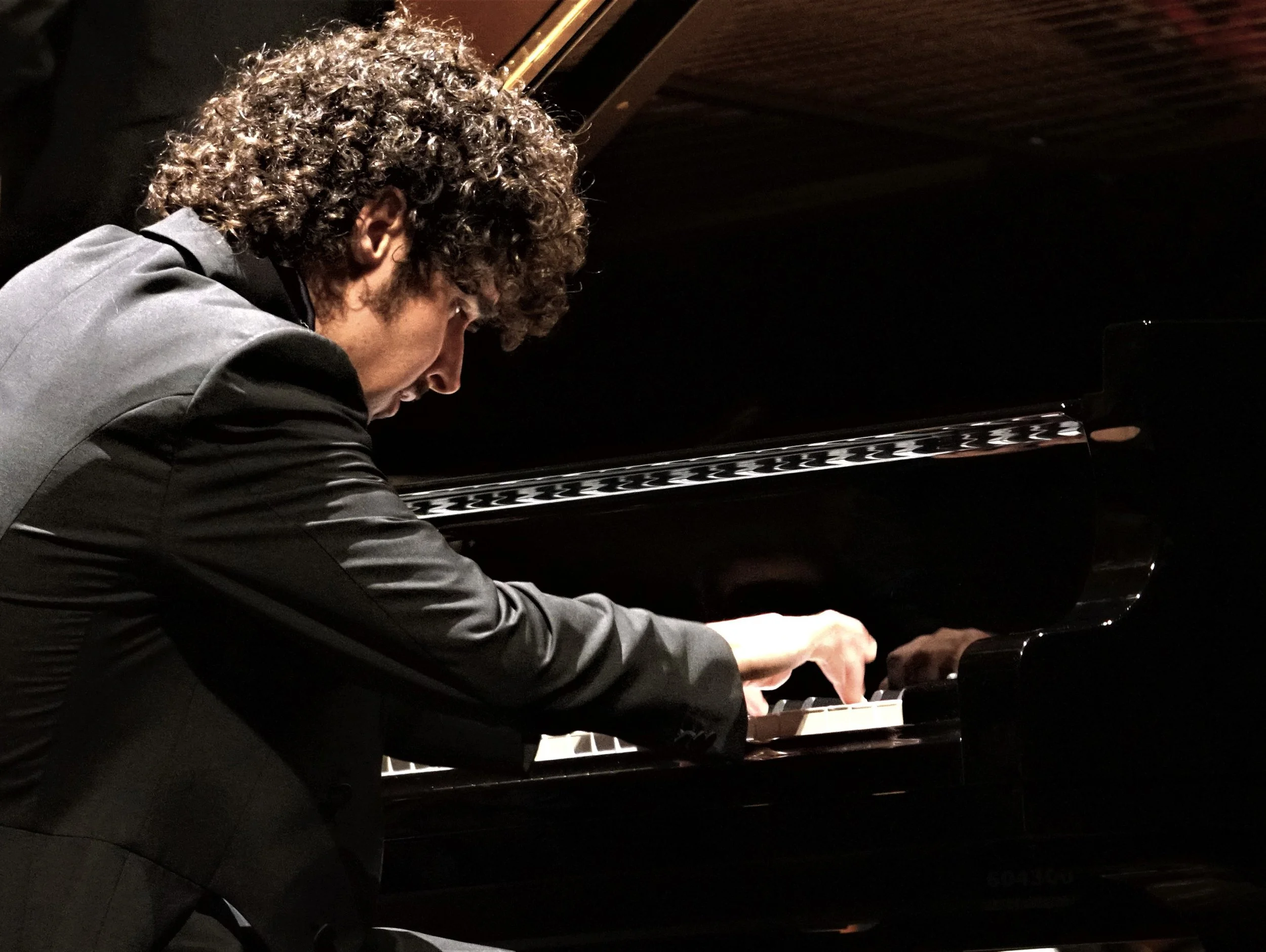Nuremberg Symphony Orchestra. Royal Concert Hall, Nottingham. 15 November 2024, 4✩✩✩✩. Review: William Ruff.
Photo credit: Roberto Mora.
Nuremberg Symphony Orchestra. Royal Concert Hall, Nottingham. 15 November 2024,
4✩✩✩✩. Review: William Ruff
“An orchestra that punches above its weight.”
If you were asked to name a German orchestra, the Nuremberg Symphony probably isn’t the first that would come to mind. Founded in 1946, the orchestra is known for its versatility, happy to play in a wide range of styles. Their conductor Jonathan Darlington, is British, one of the 22 nationalities you’ll find in the NSO’s list of members.
They started their all-German programme with Weber’s overture to Der Freischütz, the sort of opera which captures the spirit of its time (1821), its story the stuff of gothic novels. Max wants to marry Agathe. He also wants to succeed her dad as head forester. How to decide who gets the job and the girl? Why, have a shooting competition, of course. Max is afraid that he might lose, so he signs a pact with the devil and gets to forge some magic bullets. The plan nearly goes horrendously wrong but eventually Max achieves both his goals and everyone lives happily ever after.
The music is full of atmosphere and good tunes, the contrast between supernatural gloom and youthful love running throughout. In just 11 minutes Weber captures the gist of his opera’s story, condensing it into a highly dramatic tone poem. The Nuremberg players sounded as if they had visited the Wolf’s Glen where the magic bullets are forged, because they clearly relished the spookiness of it all. And they revelled in the passionate love music too.
The Italian pianist (and Leeds Competition winner) Federico Colli them joined them for Beethoven’s ‘Emperor’ Piano Concerto. This is Beethoven’s grandest, most assertive concerto. Although its rhythms often suggest military might, it also has some surprisingly delicate moments. Colli handled the opening cadenza with great panache, launching a first movement awesome in its power. You had to listen carefully, however. Colli is known for his lightness of touch and his control of dynamics, down to the quietest of pianissimos. This was a feature of the whole performance, especially the slow movement, its hymn-like theme sounding seraphic and other-worldly. In the finale the military flavour returned with the soloist rising to dominate the orchestra before a thrilling conclusion.
The NSO ended the concert with Brahms’ brainiest symphony, No 4 in E minor. Its cleverness stems from the composer’s ambition to unite the complex musical architecture of the past with the lyrical passion of his own time. Fortunately, his 4th Symphony still sounds wonderful, even if you know nothing about how it is constructed. In this Nuremberg performance the opening movement had an intricate beauty, Jonathan Darlington’s chosen tempo allowing enough transparency for telling details to shine through. The gorgeous slow movement had a rapt, almost religious, intensity, whilst the ebullient scherzo had both physical energy and strong rhythmic propulsion.
The finale where Brahms is a massive, ultra-ingenious passacaglia: a set of thirty variations over a repeating bass line. Jonathan Darlington and his Nuremberg musicians gave a high-octane interpretation, passionate in its overall thrust and attentive to detail.
As an encore the orchestra played Elgar’s Salut d’Amour. The NSO’s sound may lack that final degree of polish but they punch well above their weight and clearly delighted Friday’s audience.
Nuremberg Symphony Orchestra. Jonathan Darlington (conductor), Federico Colli (piano).
